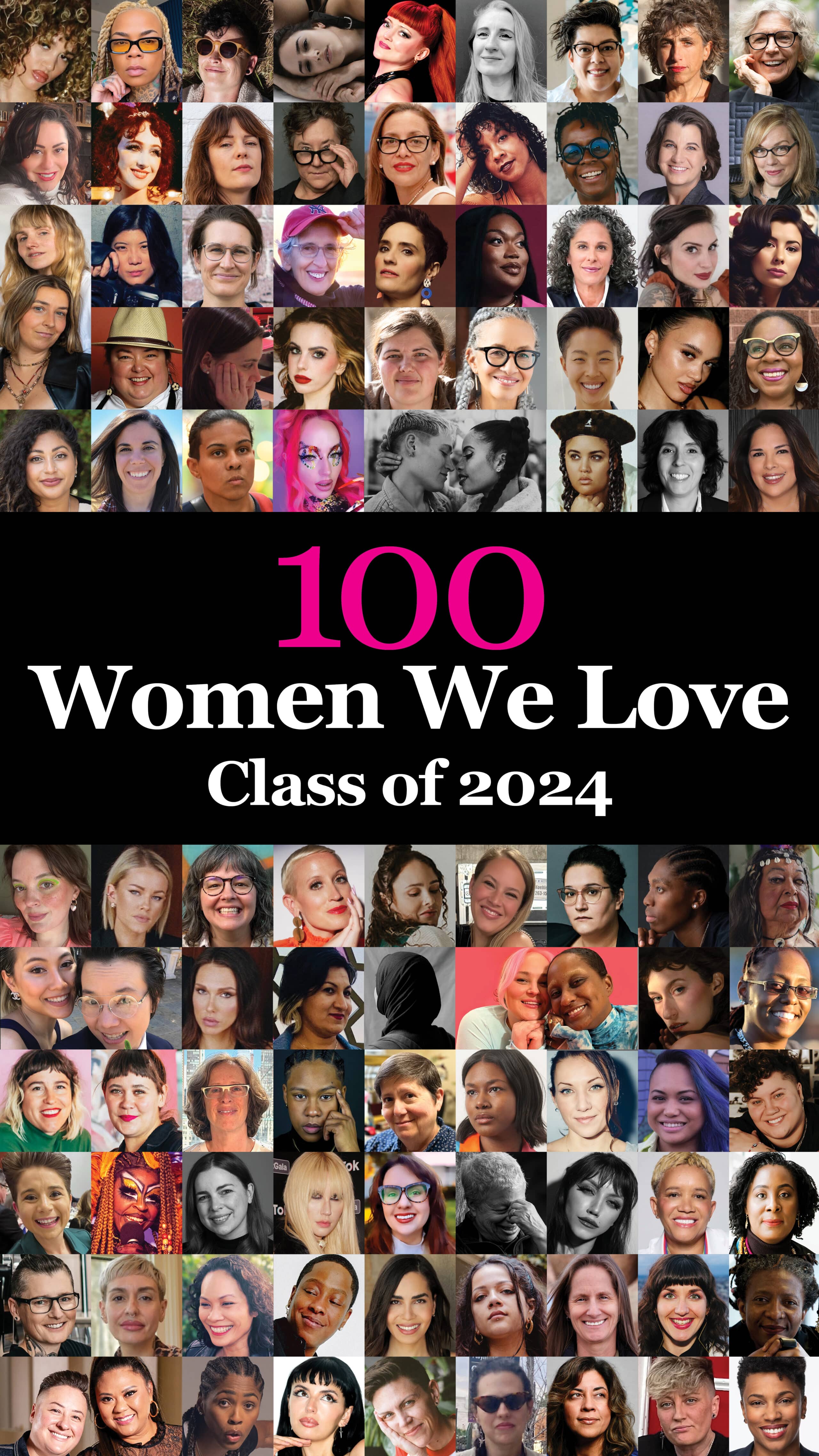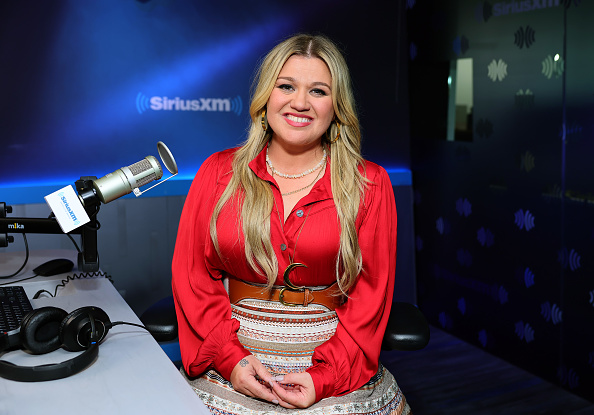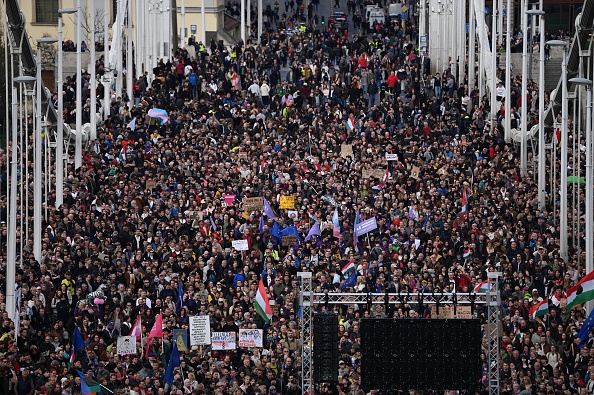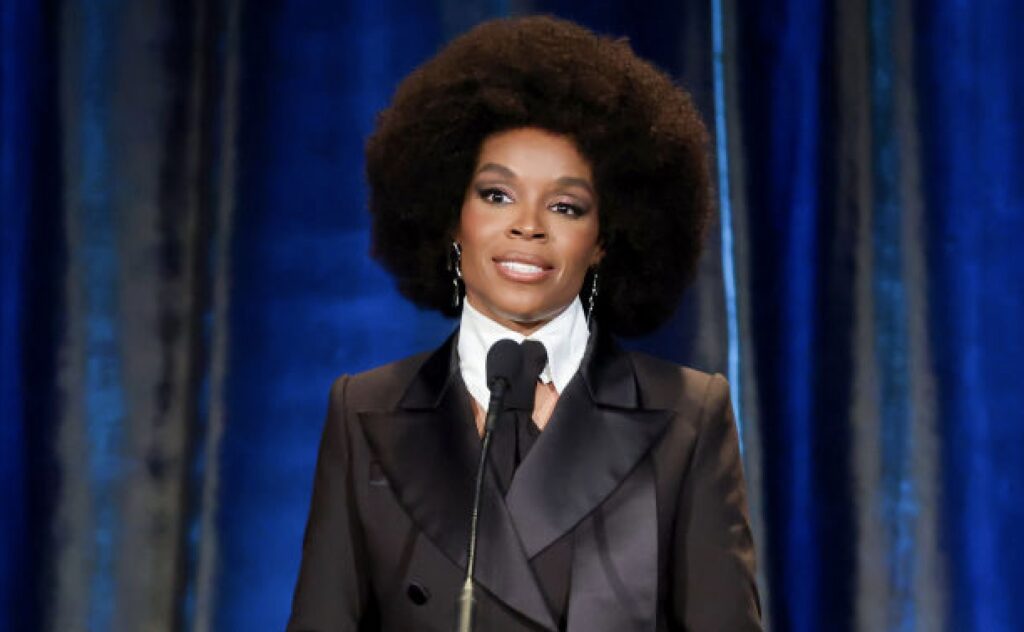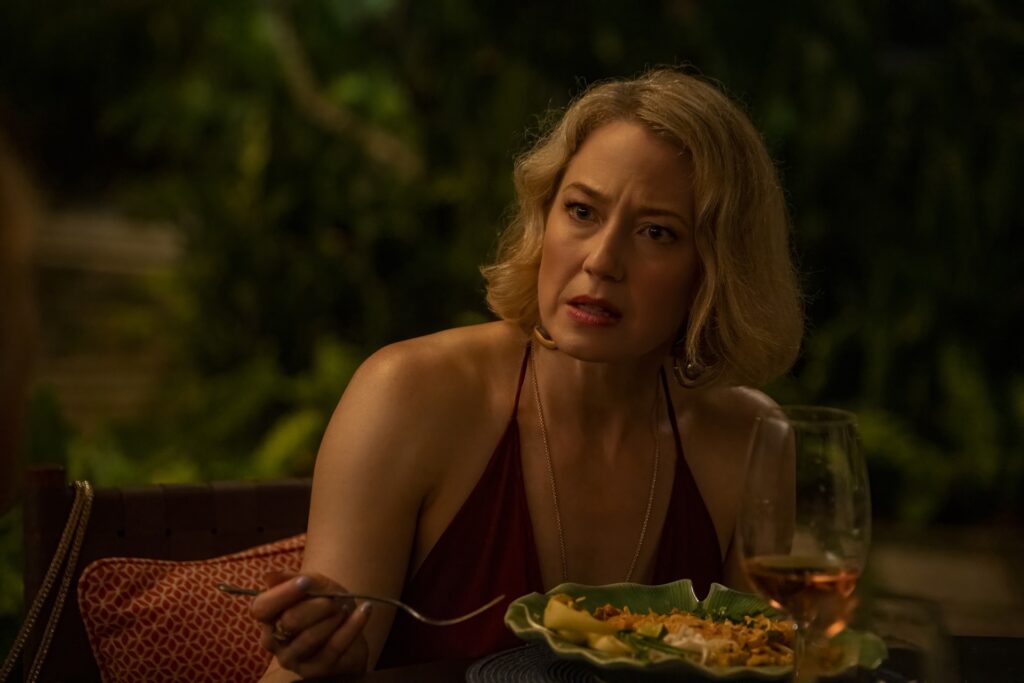Here’s Why The Key Figures In The Supreme Court’s LGBTQ Cases Are ‘Optimistic’

Gerald Bostock, Melissa Zarda, and Aimee Stephens speak out.
Tuesday’s Supreme Court hearing about LGBTQ job discrimination will have enormous consequences for LGBTQ rights. It’s still not clear which way the court’s decision will go, so this is a tense time to be queer or trans in the United States.
As LGBTQ citizens wait to see whether the country’s highest court recognizes their right to keep a job, they can take a cue from the plaintiffs in the cases, who remain optimistic.
Gerald Bostock is the plaintiff in one of the three cases that the Supreme Court heard on Tuesday. The Georgia man lost his job after joining a gay softball league in 2013.
“I was fired for being gay,” Bostock said, per NBC News. “I lost everything. I lost my livelihood. I lost my source of income. I lost my medical insurance.”
He pointed out that, without federal job protections, he and other gay people are in a strange predicament where they can legally marry their partner on Saturday and get fired for it on Monday.
However, Bostock is optimistic about the outcome of the court cases.
“I have faith in the judicial system,” he told NBC News.
Melissa Zarda, whose deceased brother Donald Zarda is at the center of another case, is similarly hopeful. She told NBC News that she feels “confident” that the plaintiffs made their points successfully.
“The way that we argued it — it’s so simple — if a man mentions his wife, that’s acceptable, but if a woman mentions her wife at work, that’s sex discrimination — it’s cut and dry, and that point was repeated up there so many times, I don’t see how anyone can see it any other way.”
Meanwhile, plaintiff Aimee Stephens — whose case was the first-ever trans rights case heard by the Supreme Court — emphasized that the fight for LGBTQ civil rights isn’t over, regardless of the court’s decision.
“T]he fact that we’re able to bring it forth and hear the case presented is a victory already,” Stephens told Vox before the hearing. “Regardless of whether it’s a favorable decision or not, we still have a lot of work to do.”
Her legal team agrees.
“It doesn’t begin or end today,” ACLU lawyer Chase Strangio said, speaking to reporters outside of the Supreme Court. “We’re just going to keep fighting.”
Another of Stephen’s lawyers, Gabriel Arkles, also said he’s “optimistic” about the likelihood of a favorable outcome.
The judges don’t have to turn in their decisions until next June, so the long wait for an answer continues.





